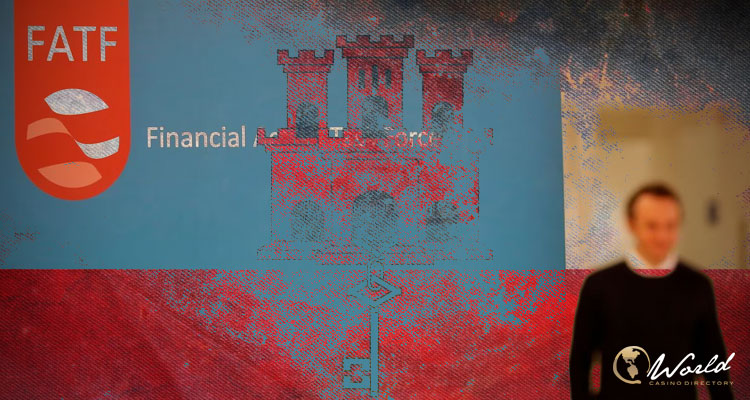On Friday, February 24, the Financial Action Task Force (FATF), an international money laundering watchdog with over 200 countries as members worldwide, reported that the Russian Federation has been banned from the organization over its invasion of Ukraine, while Gibraltar stays on its grey list.
FATF’s statement:
In this regard, in a statement from the FATF, they said: “Russia’s invasion of Ukraine and the continuing attacks unacceptably run counter to the FATF core principles aiming to promote security, safety and the integrity of the global financial system.”
“Considering the above, the FATF has decided to suspend the membership of the Russian Federation.”
In a statement, the financial watchdog also said that “Russia’s invasion represented a gross violation of the commitments to cooperation that make up the FATF Standards – rules that all members must agree to implement as a condition of membership.”
Commenting on Russia’s suspension, Raja Kumar, FATF president, said: “This is the first time a member of FATF is suspended. Russia is effectively sidelined from the organisation.”
Ukraine supports the decision:
Finally, Ukraine’s ongoing efforts to expel Russia from the FATF succeeded and its officials supported the FATF’s decision.
However, they indicated that while this is a step in the right direction, it is not enough and that Ukraine will continue to fight for Russia to be blacklisted by the organization.
In this regard, Serhiy Marchenko, the Ukrainian Minister of Finance, said: “It’s not enough but it’s an important step in the right direction.”
Anatoly Antonov, Russia’s ambassador to the US condemned the decision as a “dangerous step” and said: “The decision will erode global efforts to combat money laundering, terrorism financing and the proliferation of weapons of mass destruction.”
Russia will remain part of the Eurasian Money Laundering Group:
Although Russia has been expelled from the FATF, the country will remain part of the Eurasian Group on Money Laundering (EAG) and is expected to fulfill its financial obligations.
Both decisions regarding Russia were made after the conclusion of the second FATF plenary meeting in Paris under the chairmanship of T. Raja Kumar from Singapore.
In this regard, the FATF said: “We would continue to monitor the situation and consider whether these restrictions should remain in place at each plenary meeting.”
Gibraltar stays on the list:
However, financial watchdog FATF has also verified that Gibraltar will stay on its grey list this time around.
A major international online gambling center was added to the FATF’s list of enhanced surveillance regions after the watchdog’s June plenary meeting. Furthermore, at the same meeting, it was decided to eliminate Malta from the list.
Commenting on its decision regarding Gibraltar, the FATF said: “Gibraltar’s status as a place of gambling activity was a major factor in its decision, in particular taking aim at the local government’s failure in applying sufficient fines for anti-money laundering failings.”
The FATF report also noted Gibraltar’s high-level political willingness to cooperate with the watchdog and improve its anti-money laundering and counter-terrorist financing regime.
However, the FATF supported Gibraltar’s commitment in this area, meaning that many effective sanctions are now being used by lawyers, service suppliers and gaming companies to combat money laundering and terrorist financing.
In simple words this means more enforcement actions, fines and general knowledge of specific cases.
In this regard, the FATF added: “Gibraltar should continue to work on implementing its action plan to address its strategic deficiencies, including by showing that it is able to pursue more final confiscation judgments commensurate with the risk and context of Gibraltar.”
(Except for the headline, this story has not been edited by PostX News and is published from a syndicated feed.)

